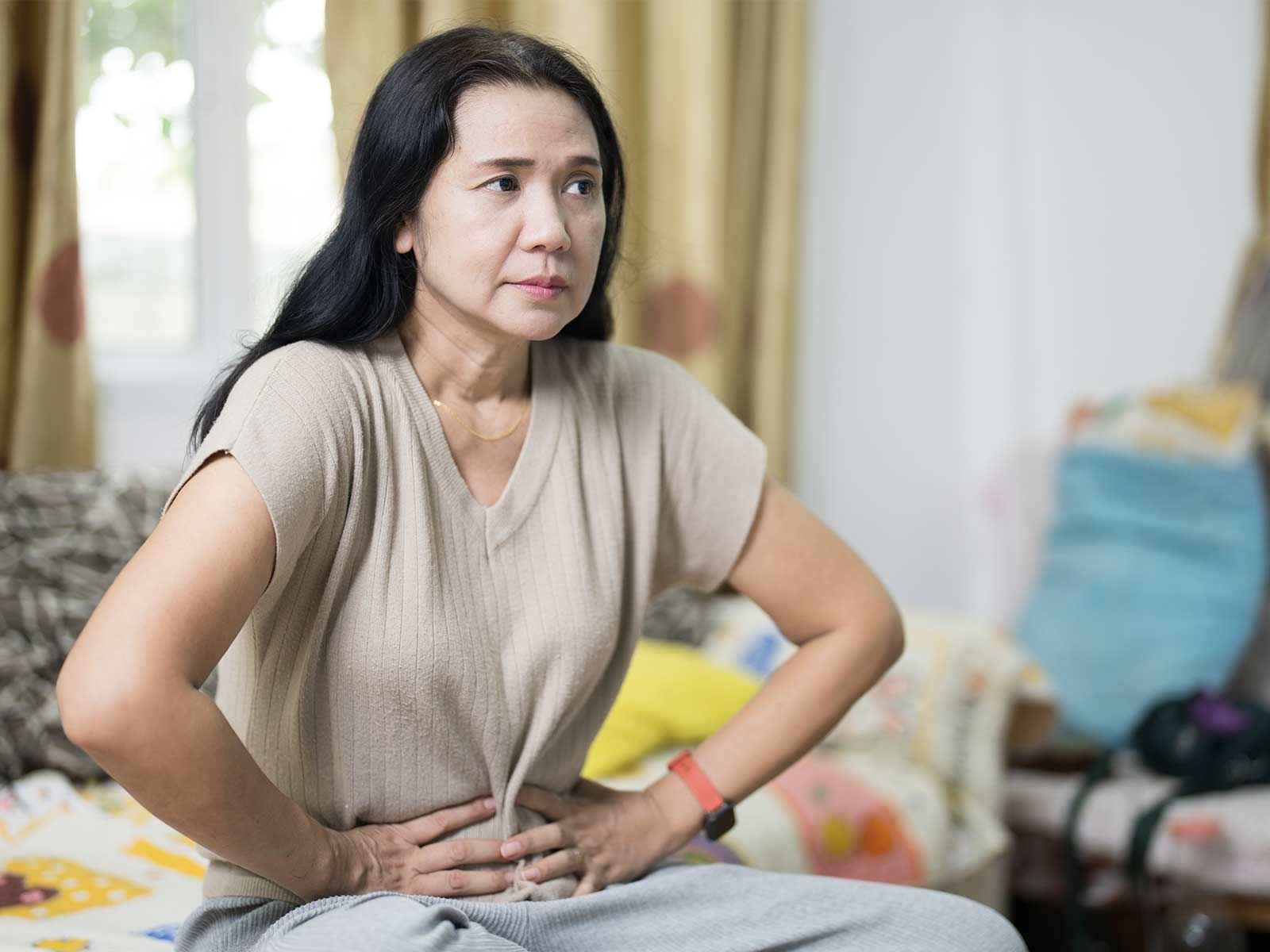
Unspecified jaundice is a disorder that occurs when bilirubin is found in the blood and this causes the color of the skin, body parts or eyes to look yellow yet the cause of this condition is still unknown. It is often diagnosed based on the regular blood tests which include high bilirubin levels, and unusual ICD-10 codes that clinicians assign it include K83.8 (obstructive jaundice, unspecified) in adults and P59.9 (newborn jaundice, unspecified) in an instance when it cannot be classified under other codes.
The type may be unspecified jaundice manifested in:
Although the underlying etiology might not be clear in diagnosis, the possible underlying etiologies are:
GastroDoxs Jersey Village is an organization that deals with unspecified diagnosis and treatment of jaundice on children and grown-ups. Our board-certified gastroenterologists will be attractive to the use of current lab tests, in-off imaging, and tailor-made treatment plan-phototherapy in infants and bile-flow control in adults- to serve the patient. Book it today and leave the rest of it to the personnel to do the same.
We've successfully treated more than 1K patients, helping individuals improve their digestive health and overall well-being through expert, personalized care.
With over 20 years of experience, GastroDoxs has been a trusted provider of gastroenterology care, focusing on delivering the best outcomes for patients
The applicable code of ICD-10 that will apply in the case is the K83.8 in which the jaundice acquired is due to failure of the bile flow, which is yet to be determined.
As soon as you can realize that either the skin or the eyes begin to turn yellow, the urine turns dark, and the stool is light yellow, you should visit a doctor in 1-2 days as the dangerous disorders may be erased.
Yes. Phototherapy is the best and the safest mode of treatment among most newborns with unspecified jaundice (P59.9) since it helps to reduce the bilirubin level at the earliest possible stage.
Unspecified jaundice is not necessarily severe, but the number of tests needed to exclude severe liver disease or bile duct obstruction is very many.
Yes. The Jersey Village clinic has been modeled with the specialization area in treating the patients of all ages including the newborns and the adults that have their treatment plan tailored to suit them.
The most of the patients are likely to recover their symptoms after a few days or a few weeks of sound assessment and treatment.
Cold baths, tepid soap, nonscented moisturizers, etc. are applicable to the itching until the medical attention is given.
Most of the insurance plans will cover diagnostic tests ordered by a gastroenterologist which will include blood tests, and imaging tests.
Low-fat balanced diet can be used to maintain the liver. Your physician can also provide you with personal nutrition advice that can come in handy during the recovery.
The ICD-10 code that is applied to identify the unspecified jaundice among infants is P59.9 when the cause of the jaundice is incurable in the initial examination.